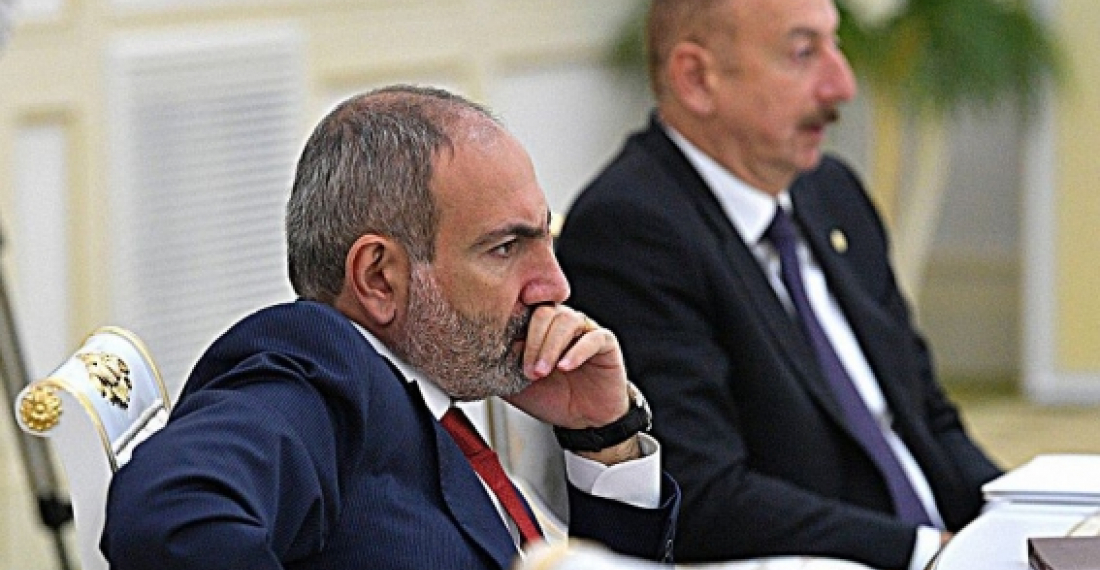Armenian Prime Minister Nikol Pashinyan and Azerbaijani President Ilham Aliyev are expected to meet in Moscow next week together with the Russian President Vladimir Putin. This will be the first meeting between the two leaders since the recent war they fought with each other, and their 10 November agreement which brought it to an end.
Azerbaijan was the clear winner in the war, regaining most of the territory it had lost in the first Karabakh War in the early 1990s. In recent weeks it has been focussed on the process of reconstruction in these territories. But loose ends from the messy conflict remain, including issues of prisoners of war and missing persons, a particularly sensitive issue in Armenia.
Commenting on the forthcoming meeting with the Azerbaijani President, Pashinyan said that the full implementation of point 8 of the agreement – namely the full exchange of prisoners, hostages and other detainees, as well as bodies – was a priority. Writing on his facebook page, Pashinyan said, "it is also important for us to carry out extensive search and rescue operations in the area of hostilities."
On the issue of transport and communication links the Armenian Prime Minister wrote that another issue was the "unblocking of all economic and transport infrastructures in the region, which means both cargo transportation and transport communication by Armenia through Azerbaijan to the territory of Russia and the Islamic Republic of Iran, as well as cargo transportation and transport communication by Azerbaijan through Armenia through Nakhichevan."
The Armenian Prime Minister wrote, "I once again draw attention to the fact that in the November 10 statement there is no phrase "corridor" in relation to "Meghri" or any territory of the Republic of Armenia. The choice of communication routes from Armenia to Russia and from Azerbaijan to Nakhichevan is a separate topic of discussion, and which will depend on progress in the exchange of prisoners, hostages, other detainees, bodies of victims, as well as increasing the volume and efficiency of search operations."
On his part, Azerbaijani President Ilham Aliyev, addressing his Ministers on Thursday (7 January), spoke in detail about Azerbaijani plans to restore transport communications, including the crucial road link between Nakhchivan and other parts of Azerbaijan, which has to go through Armenian territory. He, however, added, "taking into account that the railways of Armenia are owned by the Russian railways, our partner, of course, is Russia, because Armenia has nothing to do with the railway project in Meghri. We are discussing this issue with Russia, because Russian Railways owns the railways of Armenia. The preliminary discussions are positive."






